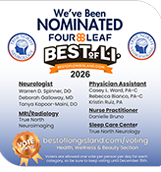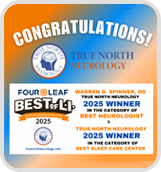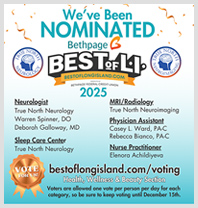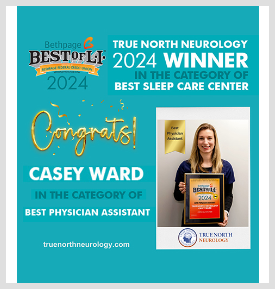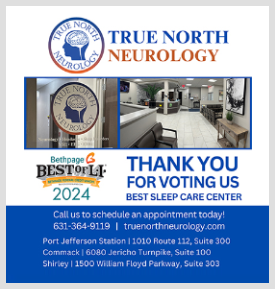Healthcare News
Using machine learning to track the pandemic's impact on mental health
Source: Medical Xpress
Dealing with a global pandemic has taken a toll on the mental health of millions of people. A team of MIT and Harvard University researchers has shown that they can measure those effects by analyzing the language that people use to express their anxiety online.
Social distancing is increasing loneliness in older adults
Source: Medical Xpress
Social distancing introduced in response to COVID-19 is increasing feelings of loneliness in Scotland's older population and impacting their wellbeing, according to a new University of Stirling study.
Loneliness a leading cause of depression in older adults
Source: Medical Xpress
Loneliness is responsible for 18% of depression among people over 50 in England, according to a new study led by UCL researchers.
COVID-19 pandemic creates new causes of 'workplace' stress
Source: Medical Xpress
The global COVID-19 pandemic has created new causes of job-related stress that have displaced the "traditional" main reason for workplace anxiety—ever-increasing workloads, according to new research.
What uncertainty can mean for your mind and body
Source: Medical Xpress
From the macro level of the pandemic, climate change, social and political unrest to the personal level of job uncertainty, illnesses within families and various levels of social isolation—any and all of these contribute to a sense of uncertainty.

